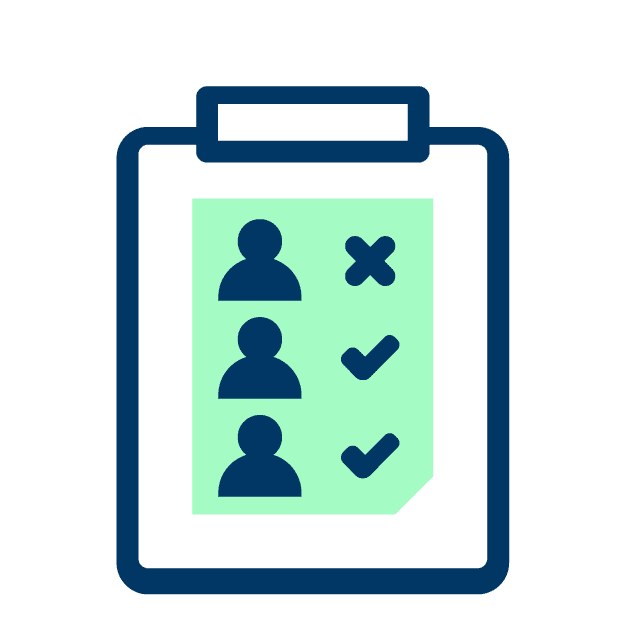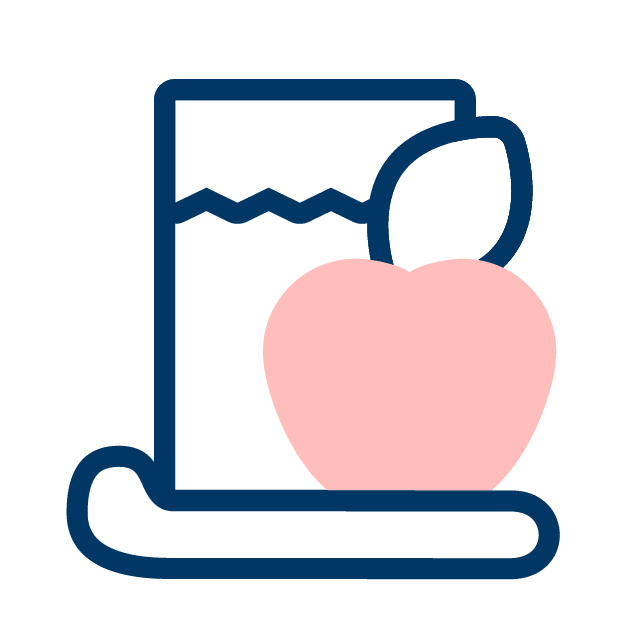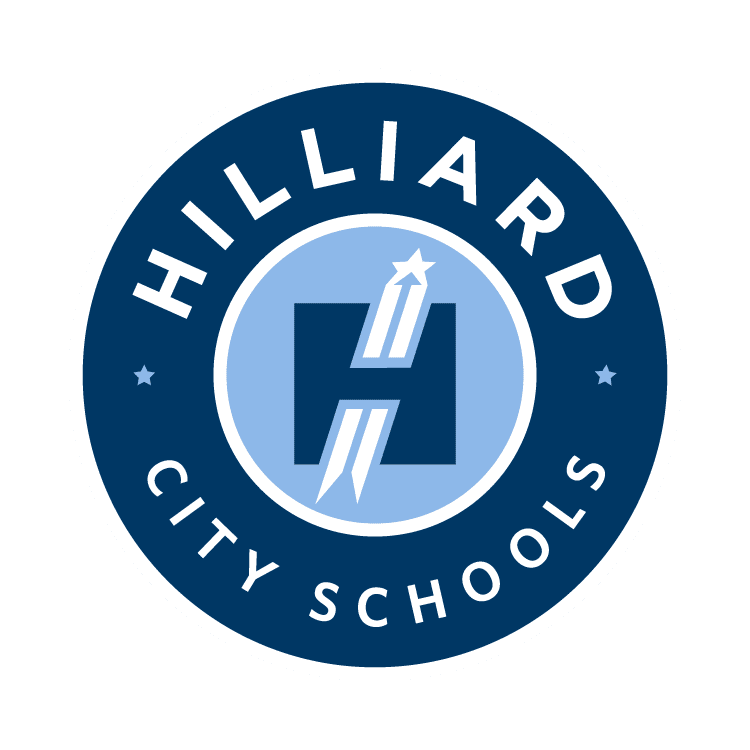Student Health Care
Emergency Contact and Current Medical Needs
Please be sure all information is current and accurate in Home Access Center (HAC)
MEDICAL FORMS
- Athletics Physical Form
- Return to Play Form
- Parent/Guardian Authorization Form A – This form covers the prescription medication, inhalers, non-prescription medication (for grades 7-12 only).
- Licensed Prescriber Authorization Form B – This form covers oral/miscellaneous and inhaled medication.
- Licensed Prescriber Authorization Form C – This form covers injectable medication.
- Licensed Prescriber Authorization Form D – This form covers nebulizer medication.
- Health Form
- Request Specialized Heath Services
- Emergency Care Plan
- Diabetes Management at School
- Health Disclosure Form
- Face Protection Exemption Form
Food allergies can be life-threatening. The risk of accidental exposure in the school setting can be reduced if students, parents, and school staff work together to minimize risks and provide a safe educational environment for students with food allergies. With this in mind, if snacks or food-related celebrations are permitted in the classroom during the school day, please avoid sending snacks containing nuts or other food allergens specific to the current student population. If anyone is unsure about whether or not a food item is safe, please contact the school nurse.
It is recommended that staff avoid using food or candy items as part of activities, projects or rewards in the classroom unless they are certain that food items are safe for all students involved. Staff members are informed of students with severe food allergies at the start of each school year, and as needed throughout the school year. Students with known severe allergies have emergency action plans developed by the school nurse and shared with appropriate staff members. During school hours, a trained staff member in the school building is always present to recognize and respond to an allergic reaction.
Students with severe food allergies are not expected to clean tables in the cafeteria. A nut/peanut-free table is provided if requested by a parent or student. Alerts regarding individual student’s food allergies are posted on the electronic record. The cafeteria staff monitor alerts as students pass through the cafeteria line.
Students with food allergies are encouraged to practice self-advocacy appropriate to their age and level of maturity regarding safe foods and possible allergic reactions. Parents and guardians will be responsible for educating their students about self-management of his/her food allergy at school. View the District’s Food Allergy Policy.
If you would like to learn more about food allergies, visit the Food Allergy and Anaphylaxis Network at www.foodallergy.org. Thank you for helping to keep all students safe.
While we encourage students to attend school every day, an ill child will not perform well and may expose other students in the classroom. Please use the following guidelines and keep your child at home if any of these symptoms are present:
- fever of 100 degrees or greater (before medication)
- an undiagnosed rash
- an earache or draining ear
- diarrhea or vomiting
- severe sore throat
- persistent or severe cough
- persistent or severe headache
- any known communicable disease
- evidence of head lice (while you may keep your student home with lice, it is not mandatory)
If your child has a fever of 100 degrees or greater, they must be fever-free without medication for 24 hours before returning to school. A child also needs to be free of diarrhea and vomiting for 24 hours to return to school.
If your child’s doctor diagnoses them with a communicable disease, please notify the school so we can notify the parents of other students in the classroom if necessary. Communicable diseases include chickenpox, Coxsackie virus (hand, foot, mouth disease), croup, Pertussis (whooping cough), pink eye, pinworms, impetigo, fifth disease, hepatitis, flu, measles, mumps, meningitis, strep throat, lice, ringworm, and scabies.
Required Immunizations
DTaP/DT Tdap/Td
Diphtheria, Tetanus, Pertussis
Kindergarten
Four (4) or more doses of DTaP or DT, or any combination. If all four doses were given before the fourth birthday, a fifth (5th) dose is required. If the fourth dose was administered at least six months after the third dose, and on or after the fourth birthday, a fifth dose is not required.
Grades 1-12
Four (4) or more doses of DTaP or DT, or any combination. Three doses of Td or a combination of Td and Tdap is the minimum acceptable for children ages 7 and older, with proper spacing.
Grades 7-12
One (1) dose of Tdap vaccine must be administered on or after the 10th birthday.
POLIO
K-10
Three (3) or more doses of IPV. The FINAL dose must be administered on or after the fourth birthday regardless of the number of previous doses. If a combination of OPV and IPV was received, four (4) doses of either vaccine are required.
Grades 11-12
Three (3) or more doses of IPV or OPV. If the third dose of either series was received prior to the fourth birthday, a fourth (4th) dose is required; if a combination of OPV and IPV was received, four (4) doses of either vaccine are required.
MMR
Measles, Mumps, Rubella
K-12
Two (2) doses of MMR. Dose one (1) must be administered on or after the first birthday. The second (2nd) dose must be administered at least 28 days after dose one (1).
HEP B
Hepatitis B
K-12
Three (3) or (4) doses of hepatitis B. The second dose must be administered at least 28 days after the first dose. The third dose must be given at least 16 weeks after the first dose and at least eight weeks after the second dose. The last dose in the series (third or fourth dose) must not be administered before age 24 weeks.
VARICELLA
(Chickenpox)
K-10
Two (2) doses of varicella vaccine must be administered prior to entry. Dose one (1) must be administered on or after the first birthday. The second dose should be administered at least three months after dose one (1); however, if the second dose is administered at least 28 days after the first dose, it is considered valid.
Grades 11-12
One (1) dose of varicella vaccine must be administered on or after the first birthday.
MCV4
Meningococcal
Grades 7-11
One (1) dose of meningococcal (serogroup A, C, W, and Y) vaccine must be administered prior to entry.
Grade 12
Two (2) doses of meningococcal (serogroup A, C, W, and Y) vaccine must be administered prior to entry.
TB Testing
Hilliard Schools requires any student born outside of the United States to have a tuberculin screening. Hilliard Schools also requires any student who has spent one month (32 days) or more days in a high-risk TB country to have a tuberculin screening. Enrollment for new students may be deferred until documentation of a negative TB screening is received by the registration compliance officer. Re-entry for students who have traveled outside the United States for more than one month (32 days) may be deferred until such documentation is received by school personnel.
Clinics
| Preschool | 921-5050 | Clinic | 921-5060 |
| Alton Darby | 921-5000 | Clinic | 921-5010 |
| Avery | 921-5100 | Clinic | 921-5110 |
| Beacon | 921-5200 | Clinic | 921-5210 |
| Britton | 921-5300 | Clinic | 921-5310 |
| Brown | 921-5400 | Clinic | 921-5410 |
| Darby Creek | 921-5500 | Clinic | 921-5510 |
| Crossing | 921-5600 | Clinic | 921-5610 |
| Horizon | 921-5800 | Clinic | 921-5810 |
| Hoffman Trails | 921-5700 | Clinic | 921-5710 |
| JW Reason | 921-5900 | Clinic | 921-5910 |
| Norwich | 921-6000 | Clinic | 921-6010 |
| Ridgewood | 921-6100 | Clinic | 921-6101 |
| Scioto Darby | 921-6300 | Clinic | 921-6310 |
| Washington | 921-6200 | Clinic | 921-6210 |
| Station | 921-6800 | Clinic | 921-6810 |
| Tharp | 921-6900 | Clinic | 921-6910 |
| Heritage | 921-7500 | Clinic | 921-7510 |
| Memorial | 921-7600 | Clinic | 921-7610 |
| Weaver | 921-7700 | Clinic | 921-7710 |
| Bradley | 921-7400 | Clinic | 921-7410 |
| Darby | 921-7300 | Clinic | 921-7310 |
| Davidson | 921-7200 | Clinic | 921-7210 |








